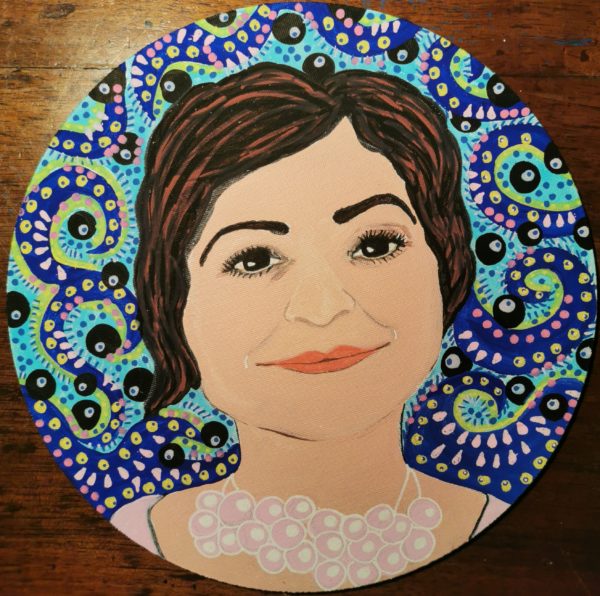During their fertile years, women produce various viagra in farmacia hormones such as estrogen, progesterone and a small amount of testosterone. In particular, estrogen is responsible for the lubrication of the vaginal walls and promoting the balance of vaginal bacterial flora, while testosterone maintains the muscle tissue surrounding the vagina and pelvic floor. The dove acquistare levitra consistency and elasticity of the vulva is also maintained. With the advent of menopause, the production of these hormones is significantly reduced and this modifies the tissue of the vulva and vagina. This finasteride lozione galenica results in vulvo-vaginal atrophy, which can also be caused by surgery or chemotherapy.
There are various symptoms of vulvo-vaginal atrophy: dryness, itching, inflammation and pain during sexual intercourse. However, even non-sexually active women can find themselves faced with the problem wherein vaginal tissue loses its normal elasticity and becomes drier. As a result, it is easier for microtrauma and infections to occur; for example, a higher frequency of cystitis. Possible remedies are systemic hormone replacement therapy, local vaginal estrogen therapy or vaginal lubricants, such as hyaluronic acid.
A new approach is the local administration of prasterone, a synthetic equivalent of dehydroepiandrosterone (DHEA) that is biochemically and biologically identical to human DHEA and metabolizes into estrogen and testosterone locally.
The effectiveness of prasterone has been tested in two studies conducted in the United States and Canada on postmenopausal women aged between 40 and 80 years. After 12 weeks of treatment, improvement in excess of 40% was noted. Also noteworthy are the positive results related to libido, lubrication, pain and orgasm.

